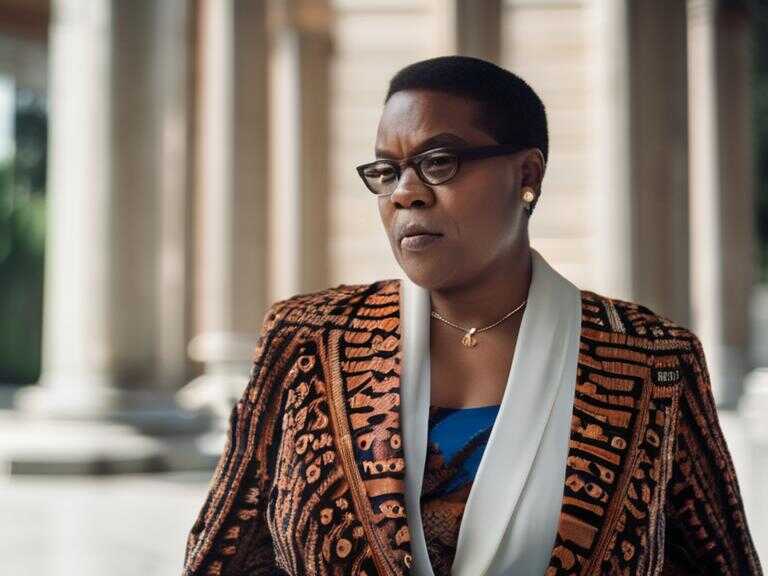
Trump's Trade Deals Face Pushback From Japan, South Korea
Trump faces pushback from South Korea and Japan on trade deals, while considering new tariffs on various goods.

The global economic landscape is rife with uncertainty as President Trump's aggressive trade policies continue to reverberate across international markets. Amidst this volatility, negotiations between the United States and its Asian allies are facing mounting resistance, raising concerns about the future of these delicate agreements.
President Trump's recent announcement of sweeping tariffs on a wide range of imported goods has triggered a wave of pushback from key trading partners, including South Korea and Japan. These nations have expressed deep reservations about the terms of the trade deals, arguing that they are unrealistic and economically unsustainable.
South Korea's Pushback Against Trump Tariffs
South Korea, a close ally of the United States, has vehemently opposed Washington's demands for a $350 billion upfront investment pledge as part of a trade agreement aimed at reducing US tariffs from 25% to 15%. Wi Sung-lac, South Korea's National Security Adviser, stated unequivocally that such a payment would be "objectively and realistically not a level we are able to handle." This strong stance reflects the significant economic challenges posed by Trump's tariff policies.
Japan Hints at a Review of its Investment Pledges
Similarly, Japan has signaled its intention to reconsider its investment commitments in light of the escalating trade tensions. Although no official statements have been issued, sources within the Japanese government have suggested that Tokyo may need to reevaluate its $550 billion pledge made earlier this year.
President Trump's Trump tariffs, initially aimed at addressing trade imbalances with China, have had a far-reaching impact on the global economy. From agricultural markets to technology sectors, businesses worldwide are grappling with the consequences of these protective measures.
Investment Pledges Amidst Heightened Trade Tensions
The standoff between the United States and its Asian allies underscores the complexities of navigating global trade relations in an era marked by rising protectionism. While investment pledges are often seen as a symbol of economic cooperation, they can also become a point of contention when political and economic interests diverge.
The South Korea pushback against the US demands reflects a broader trend among countries seeking to protect their economic sovereignty in the face of unilateral trade actions. This resistance raises questions about the long-term viability of global trade agreements based on concessions and unequal power dynamics.
Share news















